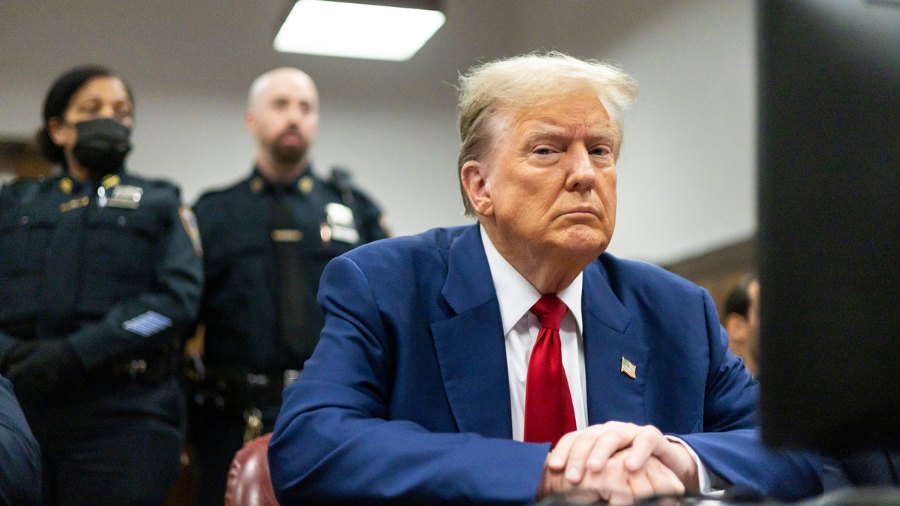Kentucky court delves into use of cell phones for tracking
Jun 16, 2022, 1:26 AM | Updated: 3:29 pm

FILE - Kentucky Supreme Court Chief Justice John D. Minton Jr. listens to arguments before the Kentucky Supreme Court at the state Capitol in Frankfort, Ky. on June 10, 2021. Kentucky's Supreme Court has dove into using cell phones as tracking devices by police Thursday, June 16, 2022. The court said that the warrantless accessing of a phone for such use violates constitutional protections against unreasonable searches and seizures. (Ryan C. Hermens/Lexington Herald-Leader via AP, Pool, File)
(Ryan C. Hermens/Lexington Herald-Leader via AP, Pool, File)
FRANKFORT, Ky. (AP) — A sharply divided Kentucky Supreme Court ruled Thursday that police violated a robbery suspect’s constitutional protections by accessing his cellphone without a warrant, calling use of the phone as a tracking device “profoundly invasive.”
In the 4-3 decision, the court’s majority said the robbery suspect was subjected to a warrantless search when police obtained his real-time cellphone location information. They ruled that the information was illegally acquired and should be excluded from evidence.
At issue was whether there’s a “reasonable expectation of privacy” regarding a person’s real-time cell-site location information, also known as CSLI, under federal Fourth Amendment protections against unreasonable searches and seizures. Such information can be used to determine a cellphone’s location with “near perfect accuracy” when the phone is powered on, the court noted.
“In obtaining an individual’s cell phone’s real-time CSLI, police commandeer the cell phone and its transmissions for the purpose of locating that individual,” Chief Justice John D. Minton Jr. said in writing for the majority. “We find this usurpation of an individual’s private property profoundly invasive, and we liken it to a technological trespass.”
The ruling stems from a case in Kentucky’s Woodford County involving robbery suspect Dovontia Reed. One of his attorneys hailed it a far-reaching victory for civil liberties.
“This is kind of a guarantee from the court saying that the government can’t search your real-time CSLI to get your location without a warrant,” said Adam Meyer, a public defender representing Reed during his appeals. “And what that means is this will protect everybody who has a cell phone now.”
The state attorney general’s office didn’t immediately respond to an email seeking comment.
Reed had called an acquaintance on his cellphone, saying he had run out of gas and asked that they meet at a Versailles gas station. When the acquaintance arrived, Reed allegedly robbed him of $500 at gunpoint and fled in a vehicle, according to authorities. Police obtained the number of the cellphone used by Reed.
The cell service provider located the phone and authorities used the information to track Reed’s movements, the opinion noted. Reed was pulled over and arrested, and a grand jury indicted him on charges of robbery, possession of a handgun by a convicted felon and receiving stolen property.
Reed claimed police unlawfully obtained the cellphone location information without a warrant. A judge denied his motion to suppress the information and evidence gained from the search. He entered a conditional guilty plea to charges including second-degree robbery, reserving his right to challenge the denial of his motion. He was sentenced to prison about five years ago but has since been released on parole, Meyer said.
On appeal, the state Court of Appeals said the obtaining of Reed’s real-time cellphone location information amounted to a warrantless, unreasonable search. The Supreme Court’s majority agreed, sending the case back to trial court for further proceedings to suppress the cellphone data.
“Today we hold that individuals have an objectively reasonable expectation that their cell phones will not be used as real-time tracking devices through the direct and active interference of law enforcement,” Minton wrote.
He wrote that searching a cellphone’s contents is an invasion of a person’s “reasonable expectation of privacy sufficient to merit Fourth Amendment protection.” The Court of Appeals said the Fourth Amendment requires a warrant to search a person’s cell-site location information.
“We find no reason why such an expectation of privacy would not extend to data unwittingly, involuntarily transmitted by a person’s cell phone to their cell-service provider regarding their location,” Minton said. “Police may not subvert the warrant requirement merely by going directly to the cell-service provider.”
As the case was argued, attorneys for the state said the consequences would be that police always have to obtain a warrant before getting a suspect’s real-time cellphone location information.
The Supreme Court’s majority was unswayed. Minton noted “the ease with which technology allows police to obtain warrants and the invasive nature” of searching a person’s cell location information.
Joining Minton in the majority opinion were Deputy Chief Justice Lisabeth T. Hughes and Justices Michelle M. Keller and Christopher Shea Nickell.
In his dissenting opinion, Justice Laurance B. VanMeter advocated another framework: that individuals do not have a reasonable expectation of privacy involving their real-time cellphone location data while traveling on public roads, and when the information sought is limited in “scope and purpose.”
The dissenting opinion said the trial court’s denial of the suppression motion should be reinstated. Justices Robert B. Conley and Debra Hembree Lambert joined in the dissent.
Copyright © The Associated Press. All rights reserved. This material may not be published, broadcast, rewritten or redistributed.












